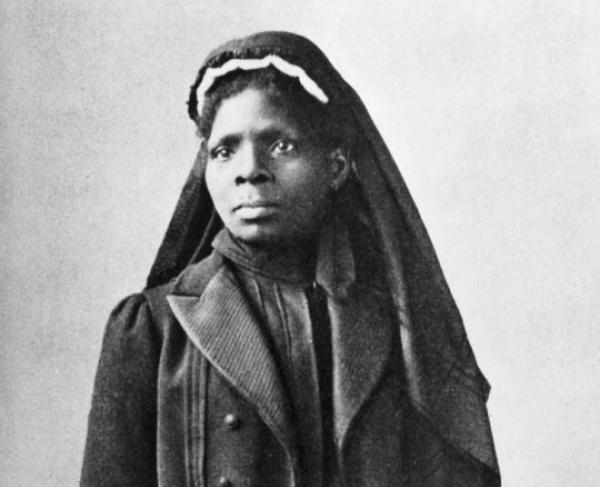Even when they didn’t have access to a formal medical education, early African-American nurses were crucial healthcare providers in their communities and to soldiers during the Civil War, a training ground for early nursing. Here are 5 nurses who made important and inspiring contributions to the field.
Sojourner Truth (1797-1883). Born Isabelle Baumfree, Sojourner Truth is primarily known for her advocacy of the abolition of slavery and women’s rights. But she also blazed an early trail in nursing for African-Americans. Before she was freed, she worked as a nurse for a New York family, building nursing skills she would later use to treat Black soldiers during the Civil War.
After the war, during Reconstruction, she worked as a nurse and counselor for the National Freedman’s Relief Association in Washington D.C., where she lobbied Congress and President Lincoln for nursing education and formal training programs for newly freed African-American women.
Harriet Tubman (1822-1913). Famous for her abolition work and for being one of the “conductors” of the Underground Railroad, Tubman also made significant contributions to the field of nursing. Like Truth, she worked as a nurse for the Union army during the Civil War and went on to create the Tubman Home for Aged and Indigent Negroes with help from African Methodist Episcopal Zion Church. The home opened in 1908. Her vision was to create an early version of an assisted living facility at no cost for the elderly members of her community.
Susie Taylor King (1848-1912). King also took on a leading role during the Civil War, and she is recognized formally as the first African-American army nurse of that war. She was liberated in 1862 by Union soldiers and served with the 33rd U.S. Colored Troops Infantry Regiment. She later went on to preside as president of the Women’s Relief Core.
Mary Eliza Mahoney (1845-1926). Mahoney is recognized as the first African-American nurse to graduate with formal nurse training, becoming a nurse in 1879. Graduating from the New England Hospital for Women and Children's Nursing School in her 30s, she was the first Black woman to obtain a professional registered nurse license. She had first worked at the school as a janitor, cook, and nurse’s aide. She was also an early member of an organization that later became the American Nurses Association (ANA), and went on to co-found the National Association of Colored Graduate Nurses in 1908. Mahoney was a tireless advocate for increased access to nursing education.
Adah Bell Thoms (1870-1943). Thoms, a peer of Mahoney’s, co-founded the National Association of Colored Graduate Nurses with Mahoney in 1908, serving as its president from 1916-23. She also successfully campaigned for African-American nurses to be able to work for the American Red Cross during WWI and championed equal opportunity for African-American nurses during her professional career as a nurse—and also as a teacher before her nursing career. Through her leadership and advocacy, she was able to increase the number of African-American nurses in public health positions.
We owe a lot to our early advocates of nursing education and career opportunities. If these early trailblazers inspire you to consider a career in nursing, Fortis can help you explore your education options to get the skills and training to position you for an entry-level position upon graduation and passing your licensure test. Click here for more information or call us today at (855) 436-7847 and speak to one of our career advisors.


